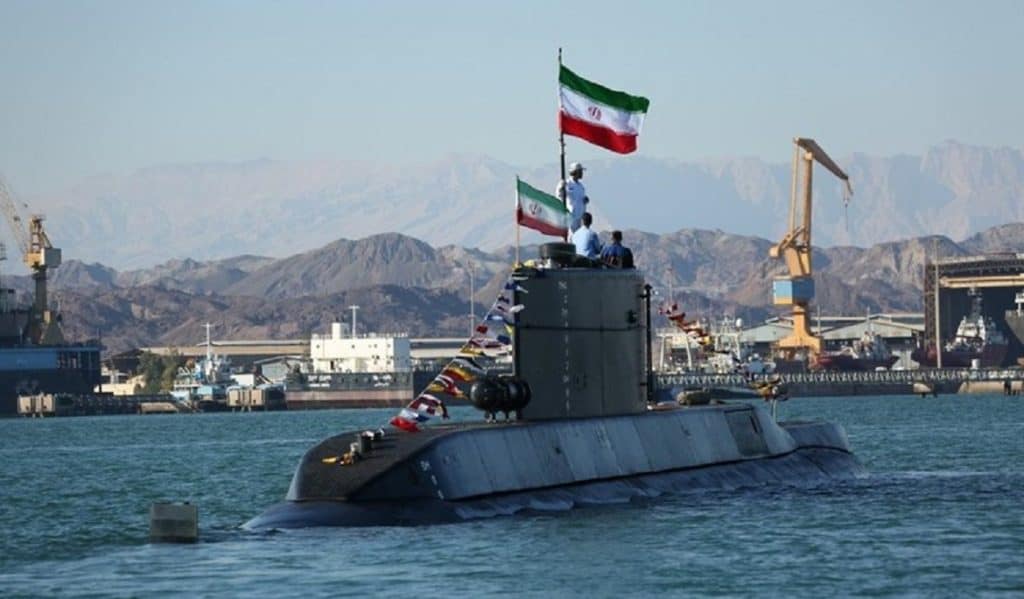By Denis Korkodinov
Iran appears to have been behind the recent attack on Saudi oil facilities. Experienced by the international community, the Ayatollah regime was required to demonstrate strength. As a result, Washington and Riyadh were defeated at this stage of the confrontation with Tehran.
Throughout the Arab-Israeli conflict, the United States, Russia, China and European players actively supported the warring parties to ensure control of oil flows from the Middle East and the Persian Gulf. This created the basis for a new wave of tension caused by the desire of the White House administration to become the dominant force in the region.
Pressure from the United States increased markedly under Donald Trump. A feature of this process is that the current American leader, most likely, does not have a political vision of the region, which makes his policy completely unpredictable.
When the 45th president of the United States withdrew from the nuclear deal, the ayatollah regime quickly began to realize its plans to become a nuclear-powered regional hegemon. This met with strong protest from Saudi Arabia, which did not intend to cede to Iran the right to freely influence the regional alignment of forces.
Over the past 4 years, Riyadh and Tehran have opposed each other, including in Yemen. However, the situation changed dramatically after the Saudi Aramco refineries were attacked by drones. This caused sharp fluctuations in the global energy market and revealed the extreme vulnerability of the Saudi air defense system, despite the fact that the kingdom’s security depended on American weapons.
As a result of the attack, the Saudis concluded that it is no longer worth relying entirely on the security guarantees provided by Washington. For this reason, they began searching for new allies, including in Russia and Israel.
Despite the fact that the Ansar Allah Yemeni movement claimed responsibility for the attack, Iran benefited directly from this, using its right to use military force in response to the threat of war. This was a humiliation to Saudi Arabia, which naively believed that no one would attack its strategic targets.
In addition to everything, the withdrawal of US troops from Syria significantly strengthened Iran’s position in the region. From now on, Tehran has taken a strong place as a regional power that will not allow anyone to exert pressure on it.
It seems that many players in the international arena understood this. In this regard, Riyadh and other countries in the region have begun reviewing their relationship with the Ayatollah regime. And if earlier they perceived Iran as the main enemy, now it is at least a partner with whom it is necessary to maintain good relations.
Such a development of events fundamentally changes the geopolitical dimension of the region. Even Washington was forced to soften its militaristic rhetoric against Tehran and dismiss John Bolton, known for his anti-Iranian statements.
Thus, today the only major player in the region is Iran. However, Israel does not agree with such an interpretation of the ongoing processes, and most likely, in the near future will attempt to start a full-scale war. Tel Aviv does not like the fact that Tehran is actively developing its nuclear program. And because any state in the Middle East that possesses nuclear weapons or wants to produce them is perceived by Israel as a potential adversary, there is a very high risk of an Iran-Israel conflict.
(The opinions expressed in this article are solely those of the author and do not necessarily reflect the views of World Geostrategic Insights)







